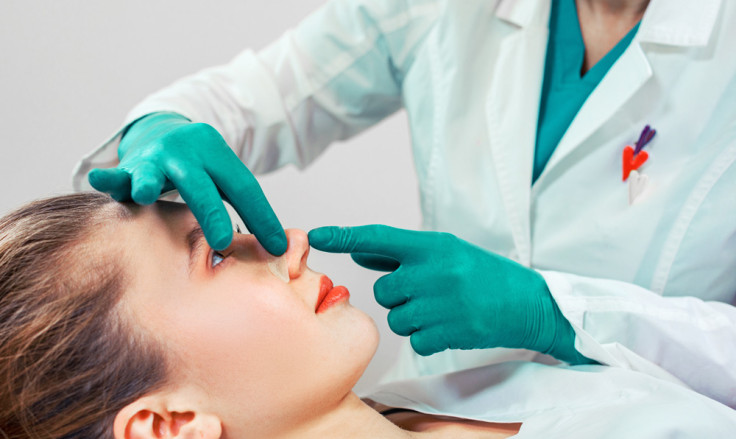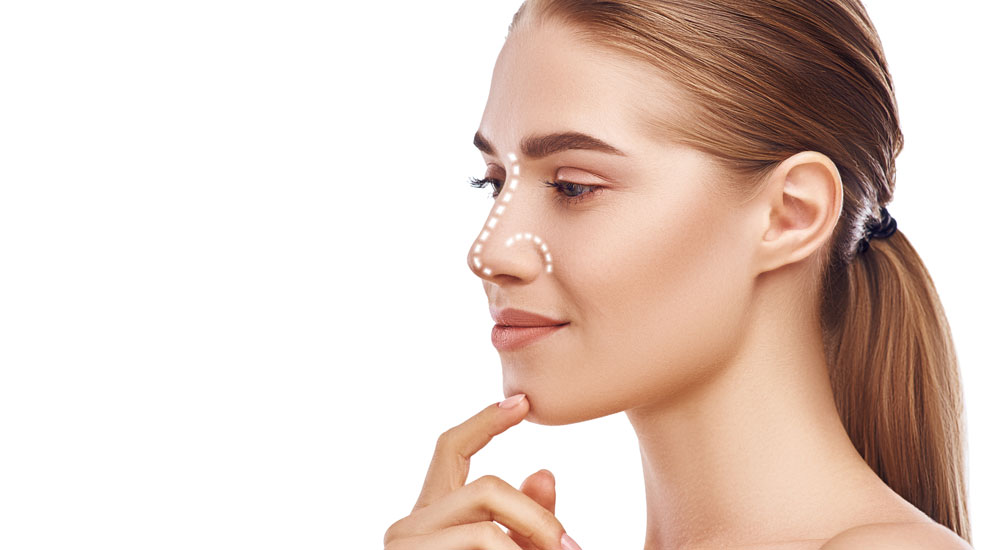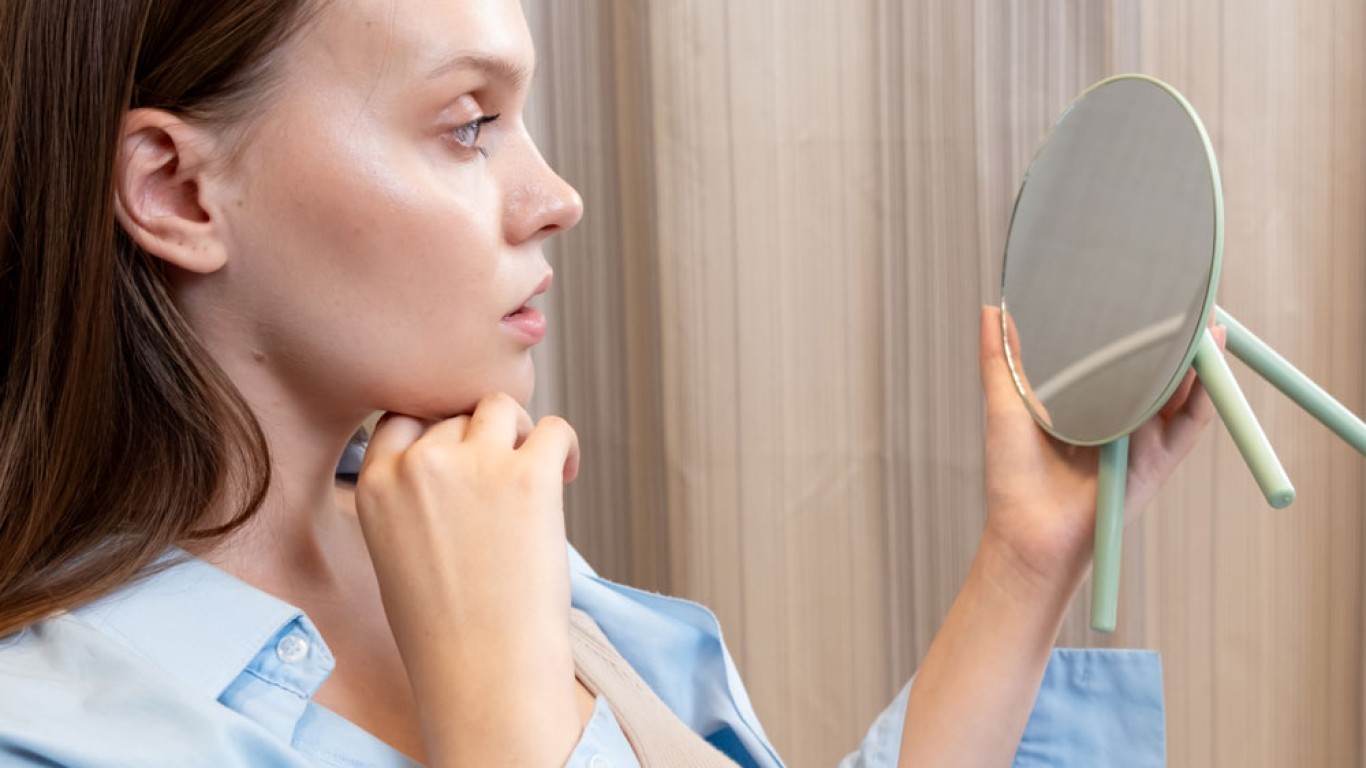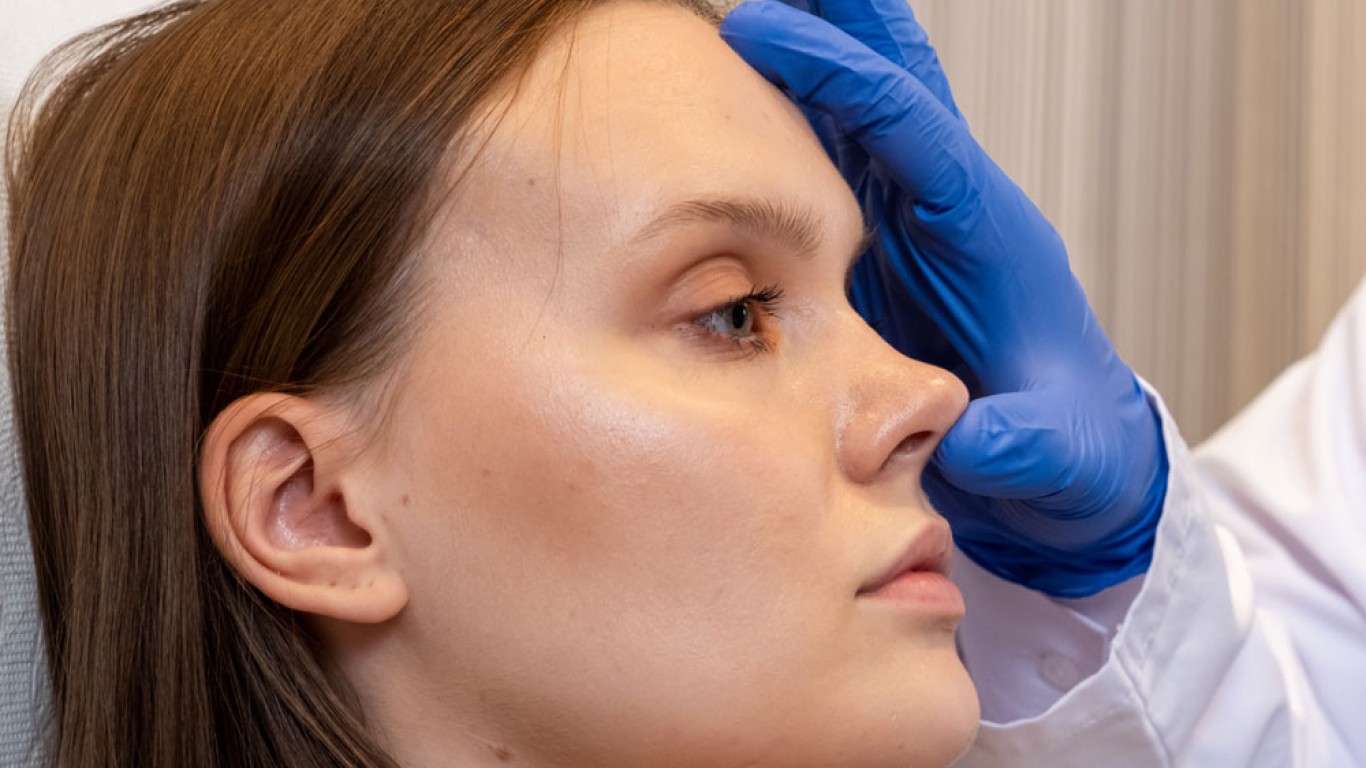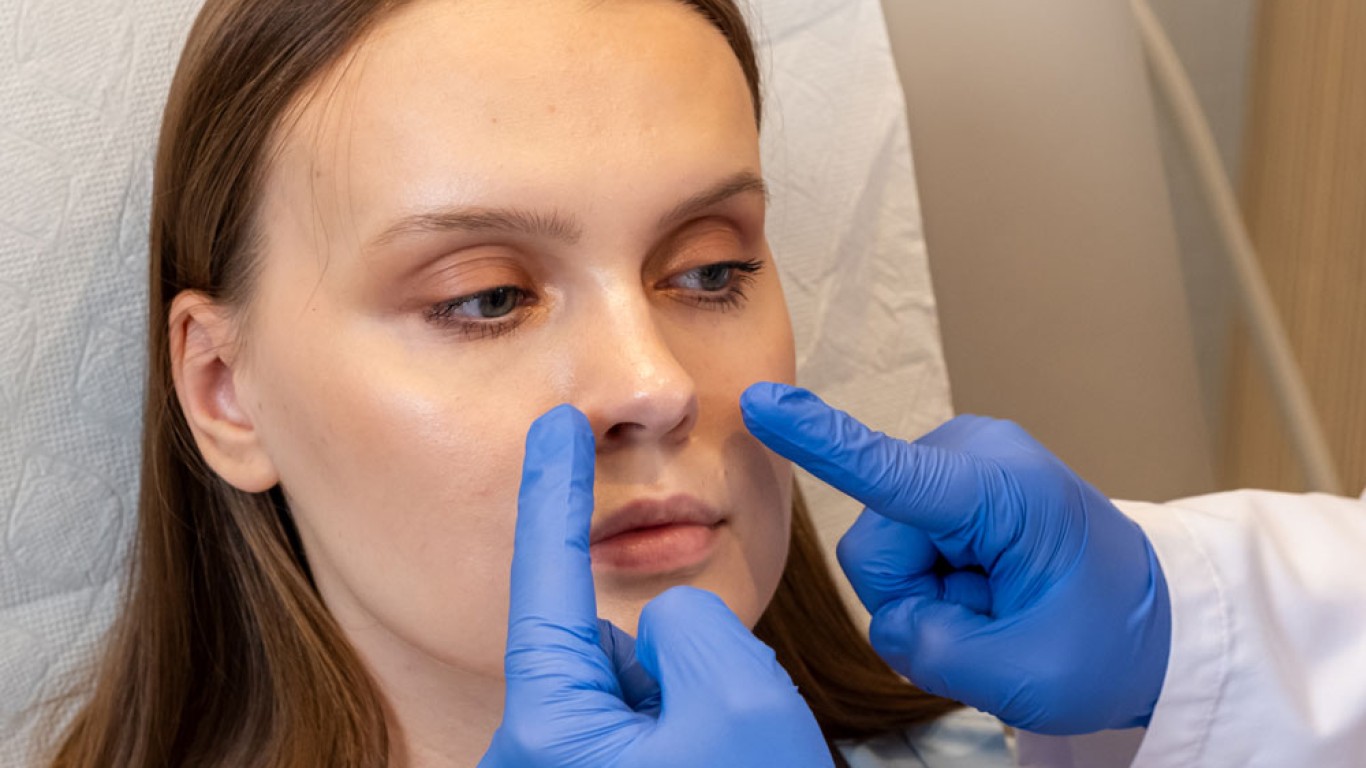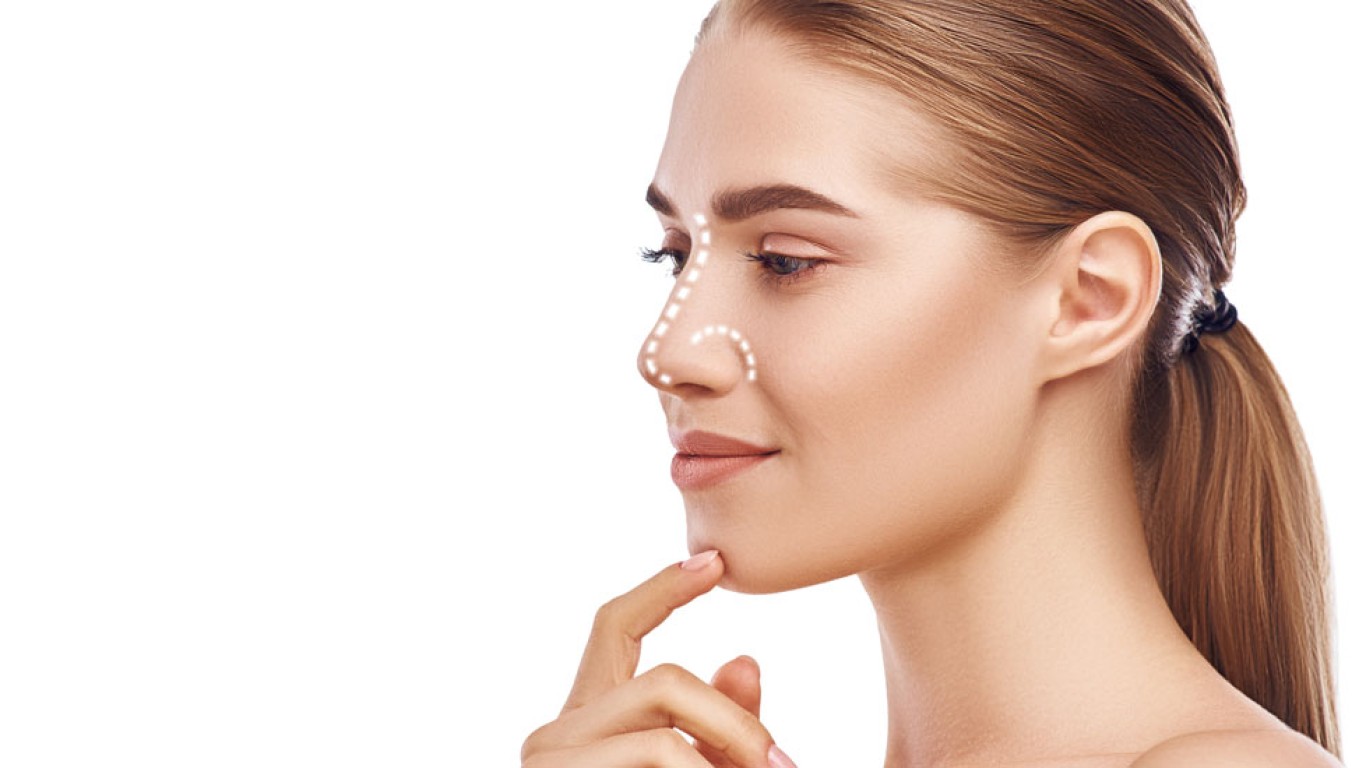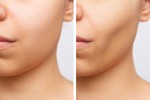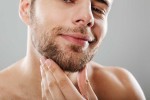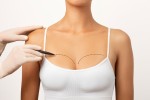Introduction
Rhinoplasty is a popular procedure for improving nose shape or function. While the surgery offers transformative results, recovery plays a critical role in achieving the desired outcome. Proper post-operative care minimises discomfort, reduces complications, and ensures a smoother healing process. Here are ten effective tips to help you recover after rhinoplasty.
1. Follow Your Surgeon’s Instructions
Your surgeon’s guidelines are crucial for a safe recovery.
- Medications: Take prescribed pain relievers and antibiotics to manage pain and prevent infection.
- Wound Care: Keep incisions clean and dry, and follow dressing change instructions.
- Activity Restrictions: Avoid strenuous activities until your surgeon approves resuming them.
2. Elevate Your Head While Sleeping
Sleeping in an elevated position reduces swelling and promotes healing.
- Use Extra Pillows: Keep your head higher than your chest to minimise swelling.
- Avoid Side Sleeping: Side sleeping can cause pressure and shift the nasal structure.
- Stay Still: Use supportive pillows to prevent accidental movements.
3. Avoid Blowing Your Nose
Blowing your nose can damage healing tissues and delay recovery.
- Wait for Approval: Follow your surgeon’s timeline for resuming nose blowing.
- Use Saline Sprays: Saline solutions keep nasal passages moist and reduce congestion.
- Sniff Instead: Gently sniff to avoid strain on healing nasal structures.
4. Manage Swelling and Bruising
Swelling and bruising are normal but manageable with proper care.
- Cold Compresses: Apply cold packs to your cheeks and eyes during the first few days.
- Stay Hydrated: Drinking water reduces inflammation and promotes healing.
- Limit Sodium: Avoid salty foods, which can worsen swelling.
5. Avoid Physical Strain
Physical strain can increase swelling and hinder healing.
- No Heavy Lifting: Avoid heavy objects or intense exercise for at least four weeks.
- Gentle Walks: Light activity promotes circulation without straining the nose.
- Protect Your Nose: Be cautious to avoid bumps or injuries.
6. Keep Your Face Cool
Avoid exposing your face to excessive heat during recovery.
- No Hot Showers: Use lukewarm water to avoid increased blood flow to the face.
- Stay Out of the Sun: Protect sensitive skin with sunscreen or hats.
- Avoid Saunas: Heat can worsen swelling and discomfort.
7. Eat a Healthy Diet
Proper nutrition supports faster healing after rhinoplasty.
- Include Proteins: Lean meats and beans aid tissue repair.
- Add Fruits and Vegetables: Vitamins support immune function and reduce inflammation.
- Avoid Alcohol: Alcohol dehydrates the body and interferes with medications.
8. Avoid Wearing Glasses
Glasses can place pressure on the nose and disrupt healing.
- Use Contact Lenses: Opt for lenses until your surgeon approves glasses.
- Temporary Fixes: Use forehead tape or special frames to keep glasses off the nose.
- Wait for Approval: Most patients can resume glasses use after six weeks.
9. Avoid Smoking
Smoking delays healing and increases the risk of complications.
- Quit Temporarily: Stop smoking at least two weeks before and after surgery.
- Nicotine-Free: Avoid nicotine patches or gum, as they restrict blood flow.
- Better Healing: Non-smokers experience faster recovery and better results.
10. Attend Follow-Up Appointments
Regular follow-ups allow your surgeon to monitor progress and address concerns.
- Progress Checks: Your surgeon ensures incisions heal properly and swelling subsides.
- Ask Questions: Share any discomfort or unusual symptoms during follow-ups.
- Receive Updates: Get advice on resuming normal activities based on your recovery.
Conclusion
Recovering from rhinoplasty requires patience and adherence to post-operative guidelines. By following these ten tips you can ensure a smoother recovery process. Always consult your surgeon for personalised advice and attend follow-ups to support optimal healing.
For more information and to book a consultation visit the ACIBADEM Beauty Center.
Frequently Asked Questions
Initial recovery takes two weeks, but full results may take up to a year.
Avoid strenuous exercise for at least four weeks or as advised by your surgeon.
Yes, swelling is common and usually subsides significantly within a few weeks.
Wait a few weeks before applying makeup to avoid irritating healing skin.
Avoid glasses for six weeks to prevent pressure on the healing nose.
